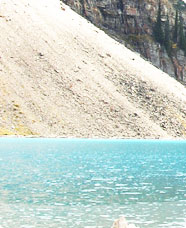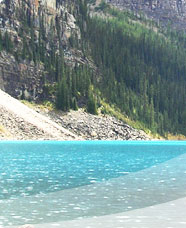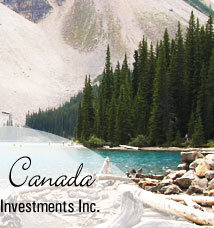|
|
|
|
|
|
 |
|
|
|
|
Canada is one of the world's wealthiest nations, with a high
per-capita income, and is a member of the Organisation for Economic
Co-operation and Development (OECD) and the G8. It is one of the world's
top 10 trading nations. Canada is a mixed market, ranking lower than
the U.S. but higher than most western European nations on the Heritage
Foundation's index of economic freedom.
Today Canada closely resembles the U.S. in its market-oriented economic
system, pattern of production, and high living standards. As of October
2007, Canada's national unemployment rate of 5.9% is its lowest in 33
years. Provincial unemployment rates vary from a low of 3.6% in Alberta
to a high of 14.6% in Newfoundland and Labrador. According to the Forbes
Global 2000 list of the world's largest companies in 2008, Canada had
69 companies in the list, ranking 5th next to France.
Since 2001, Canada has successfully avoided economic recession and has
maintained the best overall economic performance in the G8.
Canada is one of the few developed nations that are net exporters of
energy. In Quebec, British Columbia, Newfoundland & Labrador, New
Brunswick, Ontario and Manitoba, hydroelectricity is a cheap and clean
source of renewable energy. Canada is one of the world's most important
suppliers of agricultural products, with the Canadian Prairies one of
the most important suppliers of wheat, canola and other grains. This
country is also the world's largest producer of zinc and uranium and a
world leader in many other natural resources such as gold, nickel,
aluminum, and lead.
|
|
|
|
|
|
|





